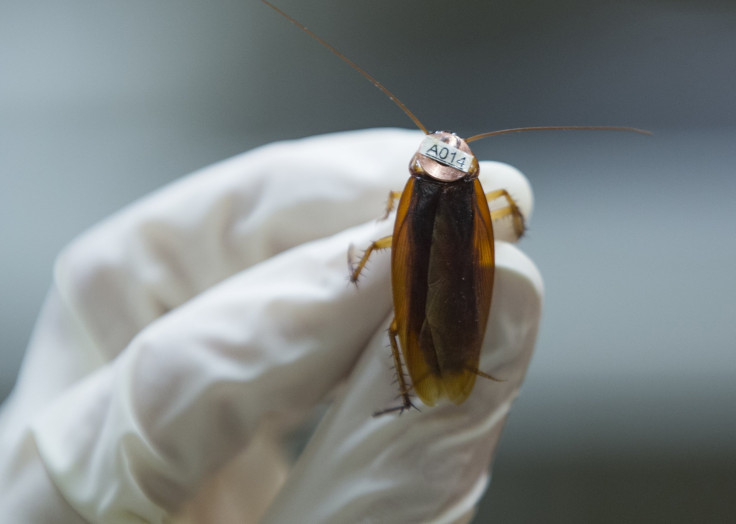Drink cockroach milk; It may be world's most healthy protein supplement

Researchers are of the opinion that cockroaches that many find repulsive may actually be a boon for public health. The scientists have shown that cockroach milk proteins may serve as amazing protein supplements.
The team of scientists including researchers from Institute for Stem Cell Biology and Regenerative Medicine (inStem) in Bengaluru, India, unravelled the milk protein’s crystal structure. These are found inside the guts of cockroach species known as Diploptera punctata. This species is the only known viviparous cockroach that gives birth to live young.
The study by inStem's Ramaswamy group, published in the journal International Union of Crystallography (IUCrJ), showed that a single crystal in a cockroach’s gut can provide three times more energy than a mass of buffalo milk.
One of the main authors of the paper, Sanchari Banerjee, even described the crystals as “complete food” that has sugars, proteins and fats. Their protein sequences revealed that the crystals have all the essential amino acids.
Now, the researchers are planning to use a yeast system for producing these crystals en masse after being equipped with the gene sequences of the milk proteins. Moreover, the crystalline nature has also revealed a unique feature. The crystal releases protein at a rate equivalent to the rate at which the protein is used up when being digested.
Senior author Subramanian Ramaswamy explained to The Times of India, that it is time-released food that is calorifically high. Apart from being used as supplement food, the scaffolding in the protein crystals may also be used as nano-particles for effective drug delivery.
“It would require quite a bit of biotechnology to get it into a form that you would harvest and use as a food supplement, but it's eminently doable with the technologies that we have and it's very common for making large dietary supplements that way,” Director of the Research School of Chemistry at the Australian National University, professor John Carver, told SBS.






